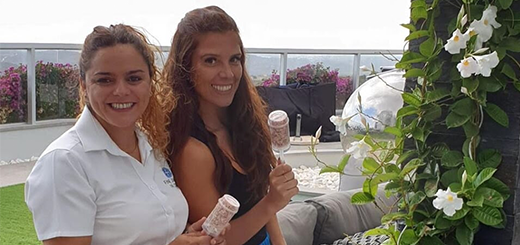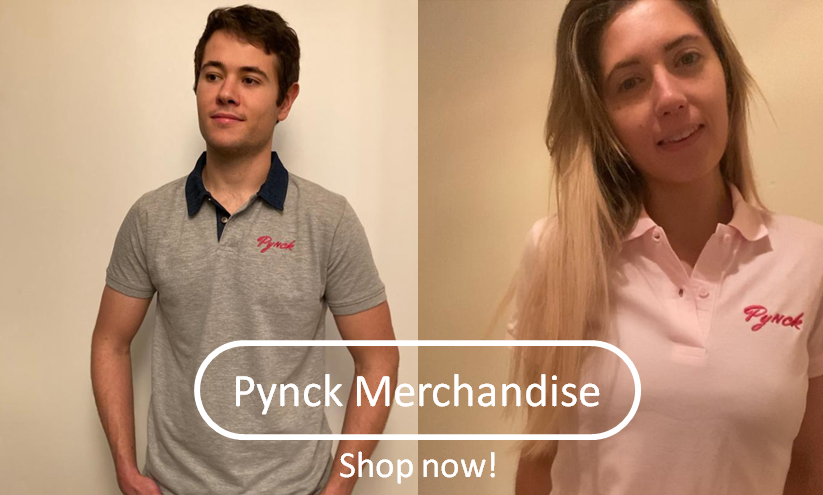Immunity Management
You may recall back in the early days of the pandemic, when the frenzy for toilet paper and non-perishables set in, there was also a mad rush on anything that might help increase immunity. In May, grocery stores in the United States saw a 73% increase in sales of oranges from the year prior. Since the outbreak of Covid-19, immunity has naturally been top of mind. As the world learns more about how the virus operates, we have given extra thought to our personal defence systems. A study by Innova Market insights revealed that 54% of global consumers spent time in 2020 educating themselves on which ingredients aid immune health. As we wearily trudge through a year of lockdowns, many of us are adopting new lifestyle choices to give ourselves a boost of positivity and a sense of control over our health. Wellness has taken on a new urgency.

Well before the pandemic, proactive health management was a growing consumer interest. Millennials, who are known to drink less alcohol than previous generations, and who have driven the demand for things like meditation apps and boutique fitness, have long been heralded as the poster children for the wellness economy. Supplements and functional foods have been playing a growing role in this. Euromonitor projects that the global ‘Functional Food’ market will be worth over €250 billion by 2023. Ingredients like CBD and nootropics have started percolating into food and drinks to assuage the stressors of our busy, modern lives. While immune support was already an element of this landscape, it was by no means the most prominent category. In fact, according to 2018 research from Euromonitor, weight management, digestive health, and energy boosting, were the top three claims, measured by global value, in the functional foods market. The pandemic has drastically shifted our priorities. In March 2020, Google searches for immunity and ‘immunity foods’ skyrocketed globally. Authorities in home cooking, like BBC Good Food, offered immunity focused recipes. Bord Bia’s latest research revealed that 34% of Irish people are now eating foods specifically for immunity. Brands have also been pivoting towards this rising need. Kellogg’s breakfast cereal offers Special K Immune Support, while Innocent has its Citrus Shield. Gusto, in the UK, offers two flavours of Super DC sparkling fruit juice, fortified with immune supporting vitamins. Perkier has an immunity focused porridge product and snack bar. In the US, you can even find similar claims on bottled water.
Two trends that increasingly feature in immune supporting products are gut health and botanicals (specifically adaptogens). A healthy GI tract, measured by the presence and diversity of plenty of ‘good’ gut bacteria, has been shown to contribute to a healthy immune system. Therefore probiotics, Prebiotic fibre and fermented food products, are now frequently sold under the banner of immunity. Danone for instance, debuted a children’s immunity boosting yogurt product last year. Adaptogens, traditionally been used in herbal medicine, are plants and fungi which proponents claim alleviate stress on the body. Adaptogens such as ginseng, turmeric, holy basil, and ashwagandha have been growing in prominence, also accelerated by the pandemic. They can now be found in everything from coffee to gum to ice cream. According to Tastewise, consumer interest in Reishi an adaptogenic mushroom thought to bolster the immune system, is up 60% year on year.
Supplements are, of course, still incredibly relevant to the immunity management market. In Ireland, United Drug reported a 142% surge in sales for supplements such as vitamin C, vitamin D and zinc from March to July 2020. In the UK, more than half the population bought some kind of supplement last year. Multinationals have begun acquiring smaller supplements brands like Olly, which Unilever bought this year. Vitamin D supplements are now being specifically recommended by many governments and official health authorities as a COVID preventative measure. Most of us have probably never given more thought to our immune systems than we do nowadays. And, we can expect traces of this preventative mind-set to carry on long after the pandemic. This is a major opportunity for brands in the wellness space both in the short term and in the long term. However, with so much thought and energy being poured into immunity management at the moment, expect there to be much jumping on the bandwagon. Now is the time to fine tune your proposition in order to stand out for years to come.




